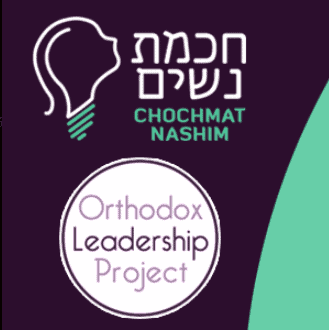The end of the Torah is a funny place to start.
A very good place to start would be at the beginning, with the Book of Genesis, which opens with the creation of the world — and the beginning of all things. The Jewish people find their foundation in the Book of Exodus — in the experience of slavery and the redemption from it, God’s Chosen People became a nation. It too seems like a good place to begin an endeavor that you hope will speak to that same nation. Or the Book of Leviticus — a challenging book, to be sure, but its focus on sanctity might encourage piety (and perhaps some Torah learning) in a way that no other book quite does. And what of the Book of Numbers — all those years, the Children of Israel wandered in the wilderness. That was their journey; should we attach ours to theirs?
But no. We begin at the end of the Torah, with the Book of Deuteronomy. It’s a book of profound repetition — the first book of Jewish education, if you will. In it, Moses teaches the “next generation” — the generation that knew not Egypt — of all that had befallen their immediate ancestors. From the Exodus that forged a people to the nitty-gritty details of the laws that create kedushah, holiness, as well as the details of all the encampments of the people along the way — on their journey to this point, standing at the Plains of Moab, on the cusp of taking their peoplehood to the proverbial next level. Those who were never slaves are about to become a free people in their own land, pending territorial conquest, of course. And they need to know about the ethos and heritage that make them who they are.
